Originally shown on Canadian animated children’s television, Caillou debuted in 1997. Four-year-old Caillou is the young child central focus of the show. It centers on his exploits, daily life, contacts with family, friends, and imagination. Aimed for preschoolers, the series is renowned for its soft, slice-of- life narrative.
1. The theme song says the word Caillou 14,356 times

The theme tune employs Caillou 14,356 times. And it’s performed by him with his voice, which would make you crazy after five minutes. “As high-pitched as you can go, with extra whine,” the director said to the voice actor essentially.
2. An early title sequence
Caillou throwing a temper tantrum opens the show’s early title sequence. Your children naturally copy such conduct as it is what happens every episode.
So this.
3. That face. Here’s what he pulls when he is sick
Your dog needs to stay in bed because of sickness, and you seem to be describing a classic “puppy dog eyes” appearance. Anyone’s heart might be melted by that expressive face, which shows a mix of want to be active and melancholy.
4. Caillou after he met baby Rosie for the first time.
It sounds like you’re referencing a moment from Caillou when he meets his baby sister, Rosie, for the first time! In that scene, Caillou shows a mix of curiosity, confusion, and maybe even a little jealousy as he adjusts to sharing attention with his new sibling.
5. This.
His face after he ate a piece of olive bread baked by his grandmother. He spends the rest of the episode lying to her to make her think he likes olives. Even when he’s trying to be considerate, he’s an asshole.
Of course, Rosie ate it and liked it. Because Rosie is not a real character on the show.
6. Rosie exists for Caillou to be jealous
That’s just right! In Caillou, Rosie truly does fulfill that function. She frequently brings out the typical sibling emotions of envy and irritation in Caillou. Their interactions highlight the difficulties of sharing resources and attention as well as the happy moments that might result from playing together.
It’s fascinating how such interactions are portrayed in children’s television programs, which mirror the complex realities of growing up with siblings. Are there any particular instances that you find particularly memorable between Caillou and Rosie?
7. His face after he ate a piece of olive bread
That situation is very typical of Caillou! His forced smiles perfectly convey the conflict he feels between wanting to be courteous and actually not like the olives. The way he is self-centered and lies to his grandma to protect her feelings exposes the worst aspects of his nature.
It’s a funny but realistic scenario that illustrates how youngsters frequently reconcile their emotions around food and expectations from their families.
It’s amazing how Caillou always presents him in a way that makes you laugh at his antics and feel sorry for him at the same time! Do you believe the program does a good job of using these circumstances to teach lessons, or is his conduct more annoying to you?
8. Quick fact-check: He does not have cancer, so it’s OK to bring the hate.
There are many differing opinions regarding Caillou’s character, and it’s fascinating that people have such strong feelings about him. Although his conceited and narcissistic actions frequently irritate viewers, they also contribute to his relatability as a young person trying to make sense of the world.
Many people despise Caillou, particularly since he frequently fails to immediately learn from his mistakes. Which of his character traits most irritate you?
Caillou is bald; why? Many believe this is because the show is centered around a young cancer patient. No, because he was a child when many children lack hair in the original novels, the designers decided not to give him any. Caillou is essentially an immortal, hairless dictator who was sent here to make your children into helpless brats and is never satisfied with anything.
9. Back to business:
Caillou’s color palette, with its vibrant, occasionally clashing hues that seem to lack the consistency of more carefully crafted children’s shows, can in fact seem overpowering at times. When paired with the straightforward art style, it might add to the “nightmarish” atmosphere.
It might be difficult to enjoy the material because of the off-putting images, as many viewers have pointed out. Do you believe that the colors take away from the narrative, or do you think they somehow enhance the show’s overall charm?
10. The adults dress
The grownups in Caillou have a relatively homogeneous, simple appearance, which might make them appear less unique and more like background characters. This design decision may have been made with the intention of keeping the attention on Caillou and his adventures, but as you pointed out, it may cause them to be perceived as “sexless blobs.”
The world of the children, full of color and expression, contrasts sharply with the adult world’s blandness. Do you believe that this was a conscious decision to make the grownups less memorable, or do you believe that it was merely an attempt at style that didn’t quite work?
11. They don’t even colour in the whole frame!
It can seem a bit lazy or unfinished when Caillou leaves some of its frames largely white, as if the background was added as an afterthought. It enhances the animation’s general feeling of simplicity, which may take away from the narrative.
Although the characters and their interactions may have been the main emphasis of this minimalist style, it frequently makes for a less interesting visual experience. Although it has a distinct look, many fans feel that it lacks depth when compared to other kid-friendly programs that have more vibrant and intricate backdrops.
Do you believe the program would have been better with a more striking and comprehensive color scheme?
12. Even NFL player and parent Arian Foster had to tweet
The fact that Arian Foster tweeted about Caillou shows how many people, including celebrities and parents, are aware of the show’s shortcomings It has taken on certain cultural meme-like qualities, emphasizing the annoyance that many people have with Caillou’s actions and the way the program is presented as a whole.
Foster is a role model for many, therefore the fact that he would remark on it shows how universally relevant those thoughts are to parents. How Caillou has provoked such a powerful response is amazing.


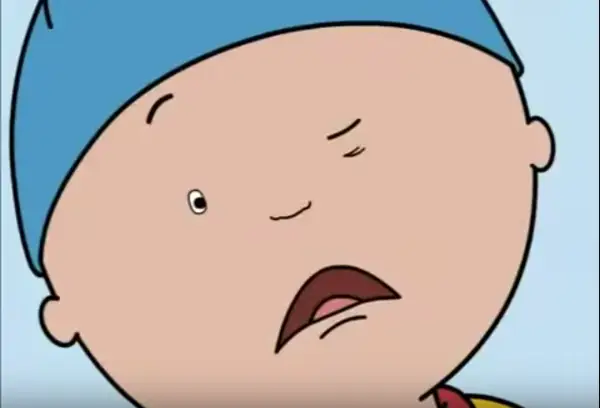
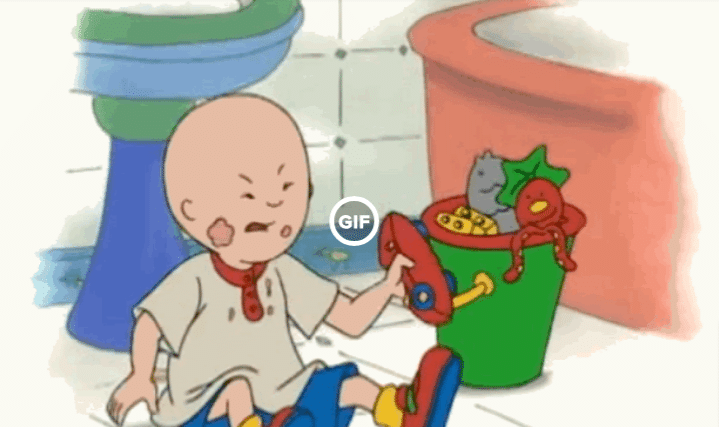
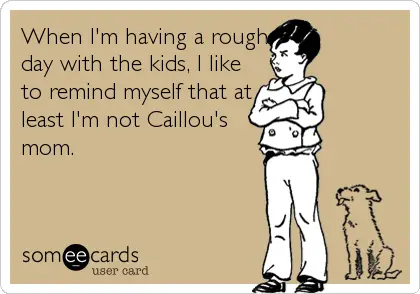
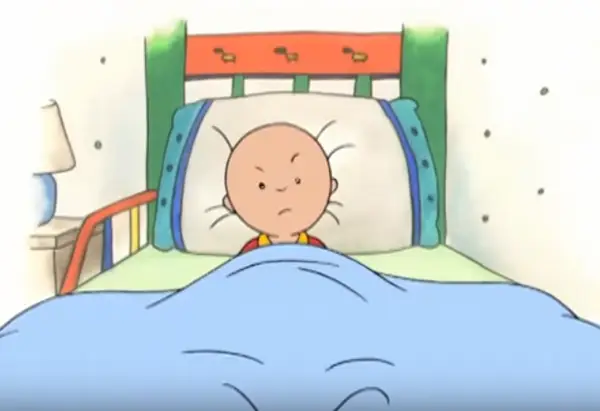

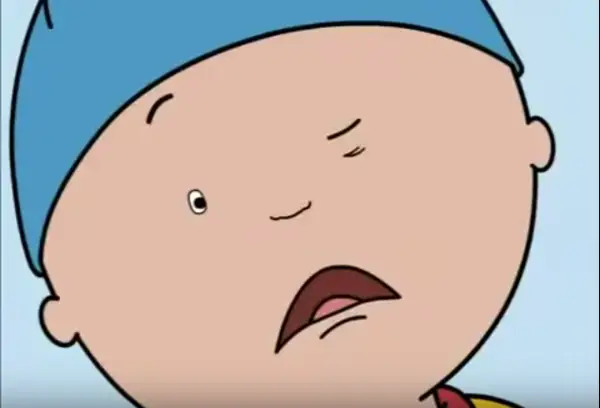
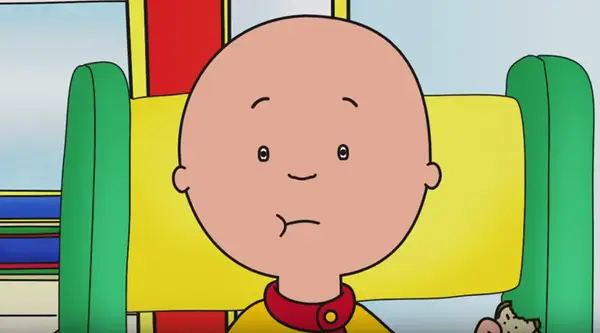
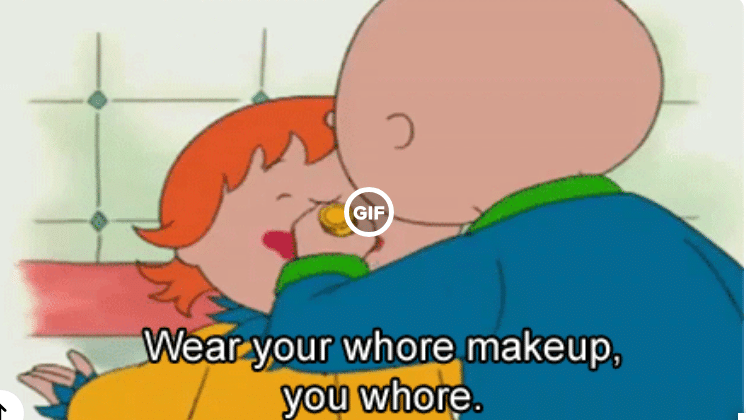

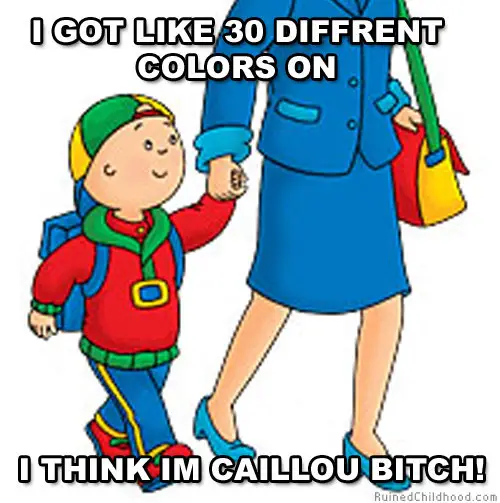
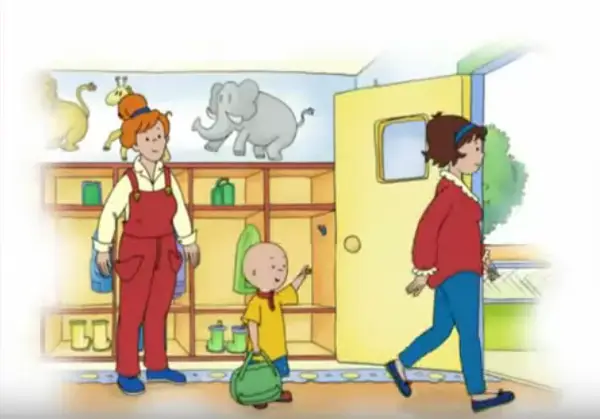
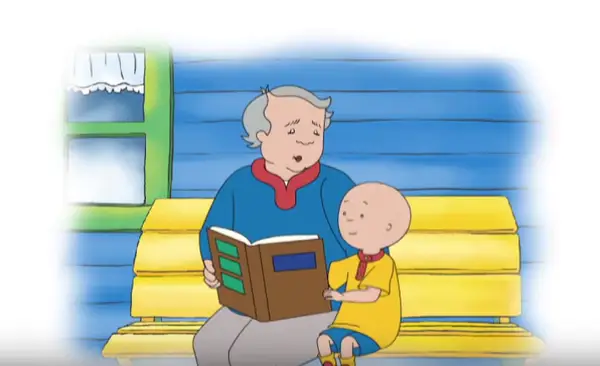
0 Comments